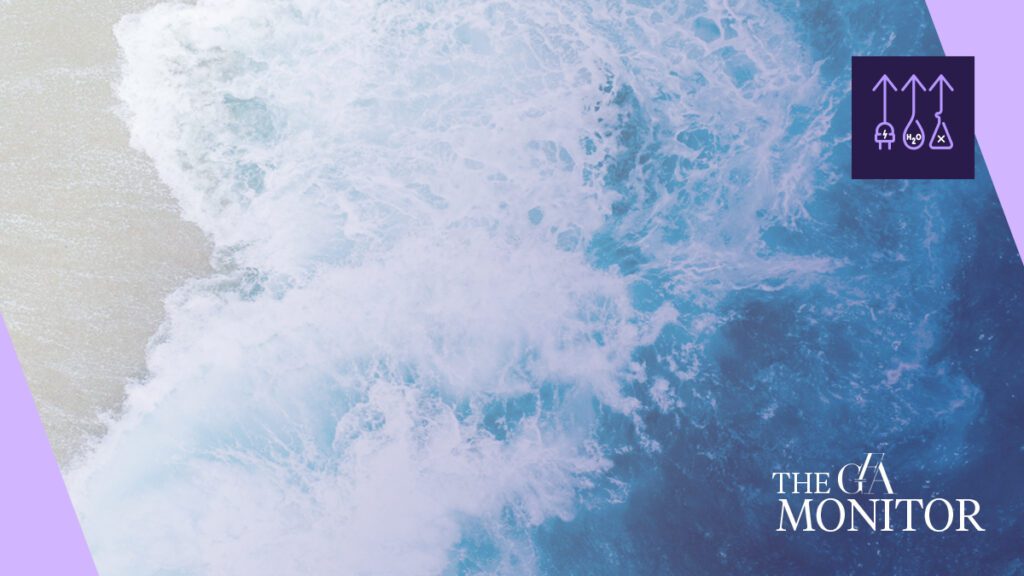Innovator Spotlight: Resource Stewardship


Good resource stewardship, the appropriate allocation of resources, is essential to protect the planet and the wellbeing of future generations.
Fashion is a multi-trillion-dollar industry that contributes to up to four percent of all global CO2 emissions annually. According to the IPCC, continued trajected emission growth will bring rise to global temperatures, extreme weather and subsequent consequences for people, businesses, and our planet. If we proceed on the current trajectory, the industry will fall short of the decarbonisation targets required to conform to the 1.5-degree pathway.
With a growing population following increasing human demand, we are on the verge of exhausting the natural resources available within the planet’s boundaries. A net-positive planet, in general, and a fashion industry necessitate comprehensive resource stewardship.
Achieving comprehensive resource stewardship will depend on coordinated, multistakeholder action to reduce GHG emissions and decisive innovation in areas such as new materials, manufacturing methods, and business models.
Featured in Global Fashion Agenda’s Innovation Forum, these companies are paving the way for industry-wide transformation by contributing to improved resource stewardship, ensuring that we stay within planetary boundaries when it comes to resource allocations:
Alliance for Water Stewardship (AWS) is a global membership-based network of businesses, NGOs, and the public sector. The network collaborates to conserve the world’s freshwater resources, guided by a sustainability standard system – the AWS Standard – that drives, recognises, and rewards companies for good water stewardship performance. AWS provides a credible, globally applicable framework for the textile industry to address shared water challenges, with the ultimate goal of mitigating water risks and securing the social, cultural, environmental, and economic value of freshwater. The recently launched AWS Impact Accelerator program was created to provide a format for companies to engage with the AWS Standard in order to provide a pre-competitive opportunity for companies to work towards collaborative solutions to shared water challenges in important sourcing hubs facing high water risk.
Nano-dye is committed to making the dyeing of cellulosic and cellulosic blend textiles environmentally neutral by: not using salt, reducing water usage and affordably recycling all the used water (Net Zero Water), drastically reducing energy by having a cleaner effluent, lower temperatures, and increasing process speed. This year’s pending patent, which will be released soon, removes all dyestuff from textile pollution and up-cycles it for reuse. Designed in modulars, this system is implemented with an at ease baby step approach, transforming segments of 10,000 kilos of dyeing per day to Circular. Their commitment combats the harmful chemistry released into our ecosystem from dyeing, by ramping up sustainable chemical management through Innovations and Circularity to prevent dangerous risk to water, land, climate, and people.
Wiser Wash is a patented and award-winning ozone bleaching process, eliminating the use of pumice stone and hazardous chemicals, such as hypochlorite and potassium permanganate. The company can save a lot of water and energy by employing only ozone, which is produced from oxygen, one of the most plentiful elements in the universe by mass, as a substitute for dangerous chemicals. Thanks to these eliminations, it reduces the footprint of finished garments and contributes to better health conditions within factories.
Smartex is an AI-based solution that eliminates waste at the source of the textile manufacturing chain. By combining tailored hardware, vision software, & machine learning algorithms that work together to detect all textile defects, they can enhance production performance, worker safety, and transparency. By enabling near-zero defects throughout textile production, Smartex technology is also capable of reducing fabric waste, water, electricity, and CO2 emissions, and thus has a long-term positive impact on natural resource protection.